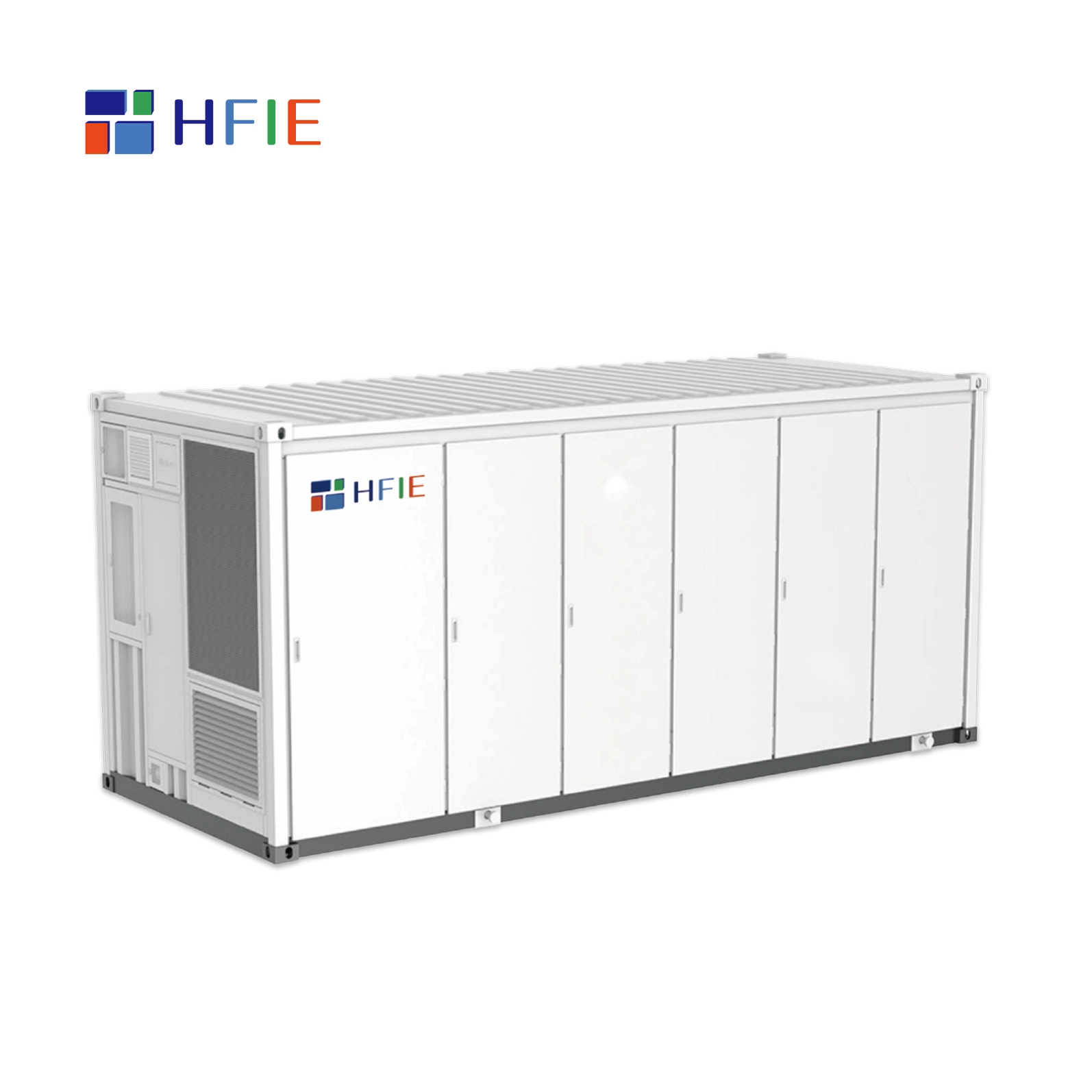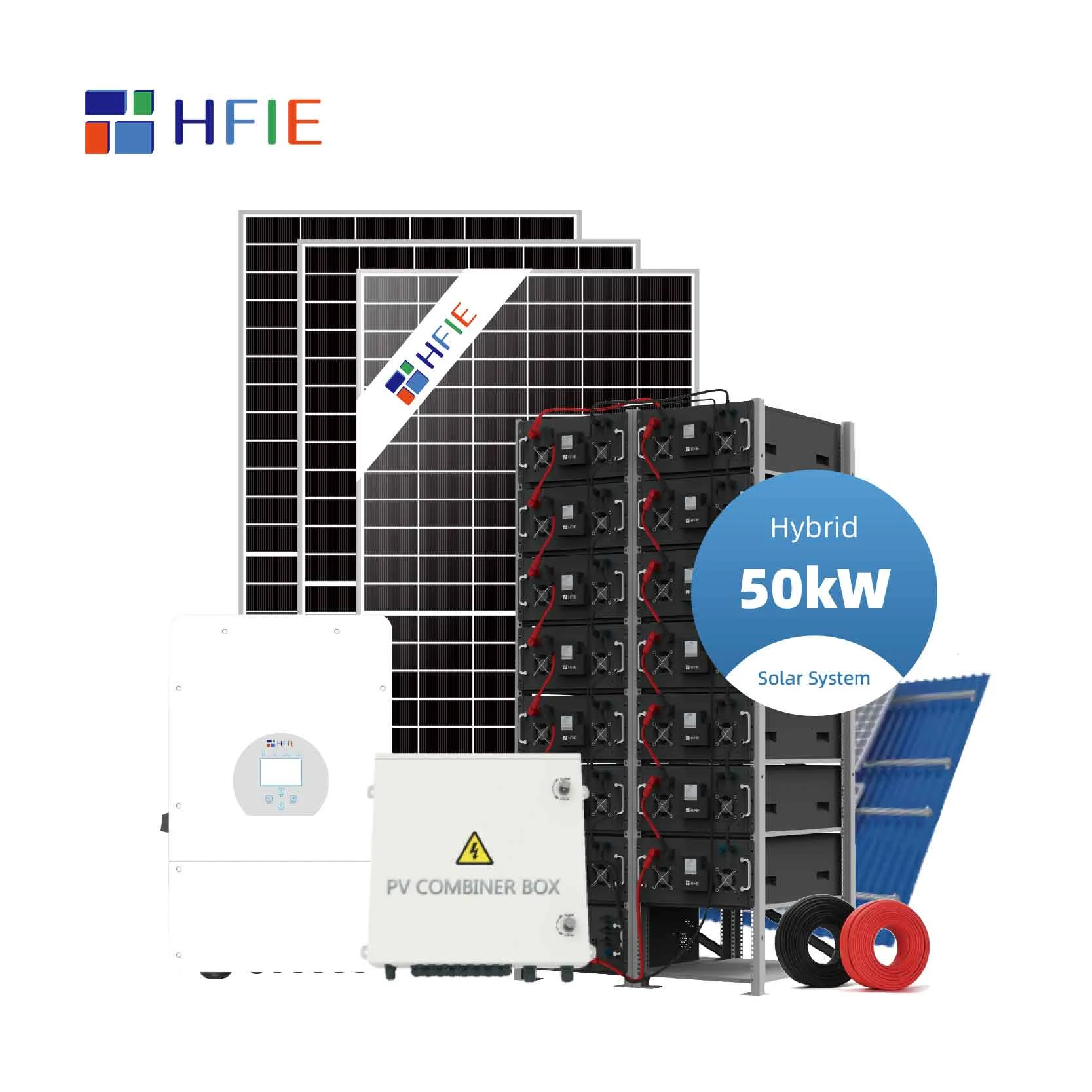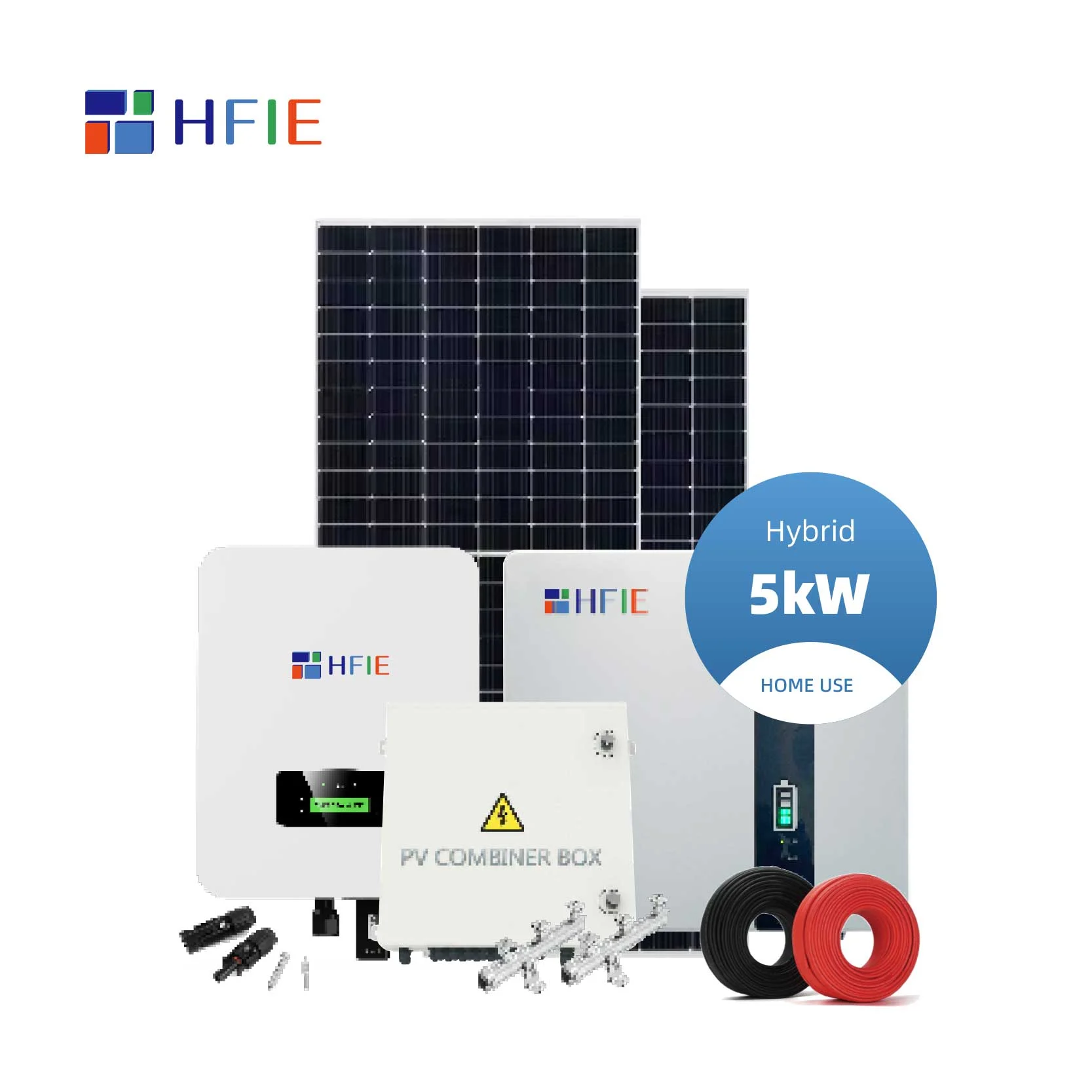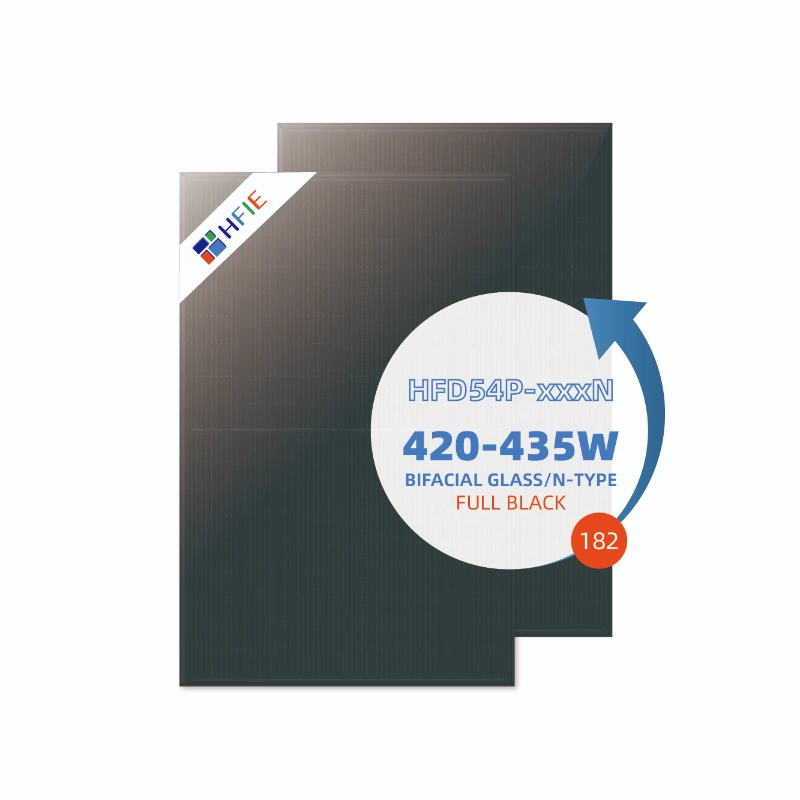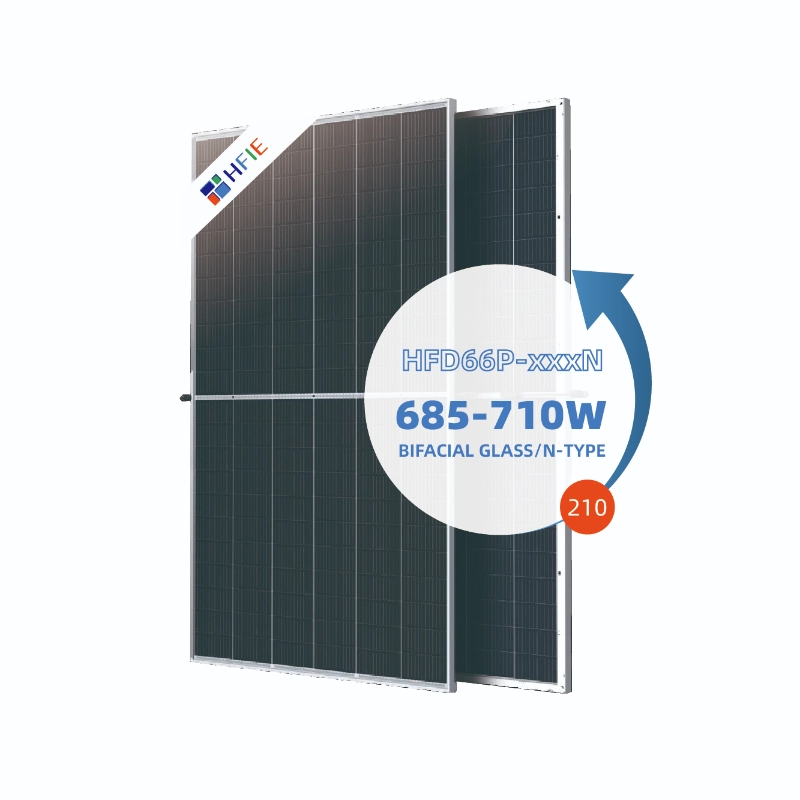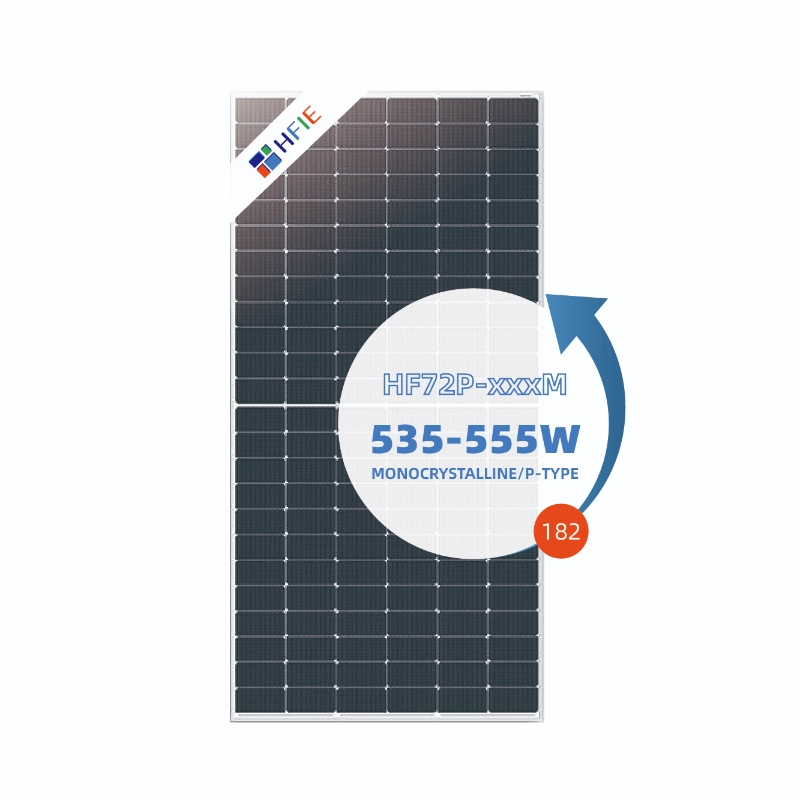On November 8, 2024, the 12th meeting of the Standing Committee of the 14th National People’s Congress voted to pass the “Energy Law of the People’s Republic of China”. The law consists of nine chapters, covering general principles, energy planning, energy development and utilization, energy market system, energy reserves and emergency response, energy science and technology innovation, supervision and management, legal liability, and supplementary provisions. The law will come into effect on January 1, 2025.
According to the new provisions of the Energy Law, China will strengthen the development of renewable energy, especially in the fields of wind energy and solar energy, and promote green and low-carbon transformation. In this context, the popularization and application of solar energy storage systems have become particularly important, especially in the process of achieving efficient use of renewable energy and ensuring energy security.
The importance of solar energy storage systems
Solar energy is one of the most important renewable energy sources in China’s future energy transformation process. As a key technology to solve the problem of solar intermittency and volatility, solar energy storage system can significantly improve the utilization efficiency of solar energy and ensure the stability of energy supply. While promoting solar power generation on a large scale, how to solve power generation fluctuations caused by factors such as day and night cycles, weather changes, etc. has become an important challenge facing the industry.
Working principle of solar energy storage system
Solar energy storage system usually consists of photovoltaic modules (solar panels), inverters, energy storage batteries, battery management systems, etc.
The working principle is briefly as follows:
Photovoltaic modules convert solar radiation into direct current.
The inverter converts direct current into alternating current and supplies power to homes, businesses or power grids.
Excess power is stored in energy storage batteries (such as lithium batteries, lead-acid batteries, etc.) and used when there is insufficient sunlight or at night to ensure uninterrupted power supply.
The battery management system (BMS) monitors and manages the battery to ensure safe and efficient operation of the system.
The application of solar energy storage systems meets the following policy requirements:
Energy structure optimization: The Energy Law emphasizes the need to accelerate the increase in the proportion of non-fossil energy. Solar energy storage system equipment promote the wider application of clean energy and reduce dependence on fossil energy by effectively integrating solar power generation and energy storage technology.
Renewable energy consumption guarantee: The new law puts forward specific requirements for renewable energy consumption guarantee. Solar energy storage systems can help balance electricity supply and demand, ensure that renewable energy is not wasted, and provide stable power supply to the power grid during peak load.
Promotion of green energy consumption: The new law encourages the use of green electricity and low-carbon energy. Solar energy storage systems can better provide consumers with green and low-carbon electricity supply by storing electricity generated by solar power generation.
New power system construction: The bill emphasizes accelerating the construction of new power systems and improving the integration, dispatching and regulation capabilities of power grids. Energy storage battery system can improve the power grid’s ability to regulate fluctuating renewable energy and promote more flexible and efficient operation of the power system.
Challenges and opportunities of solar energy storage systems
Technical bottlenecks: Although solar energy storage systems have made certain breakthroughs in efficiency and cost, the cost of energy storage batteries is still high, and the life and performance of batteries need to be further improved. Therefore, the research and development of more efficient and low-cost energy storage technologies remains a key task for the industry.
Policy support and market incentives: In order to encourage the widespread application of solar energy storage systems, the Chinese government has introduced a number of subsidies and incentive policies, such as tax incentives and financial subsidies for photovoltaic power generation and energy storage projects, which have played a positive role in promoting the popularization of solar energy storage technology.
Market demand growth: With the implementation of the Energy Law, the demand for solar energy storage systems is expected to grow further, especially in the field of distributed energy and smart grids. In order to meet the fluctuations in electricity demand, solar energy storage systems will become an important tool to solve this problem.
Environmental protection and energy security: battery pack Solar energy storage system can not only promote the efficient use of clean energy, but also play a backup role in energy supply, especially in extreme weather or emergency situations, to ensure the safety and stability of power supply.
With the introduction of the Energy Law, China’s energy transformation has entered a new stage. As one of the key technologies to promote green and low-carbon development, solar energy storage systems will play an important role in ensuring energy security, promoting the use of renewable energy, and optimizing energy structure. With the advancement of technology and increased policy support, solar energy storage systems will provide strong support for China to achieve its carbon peak in 2030 and carbon neutrality in 2060.






